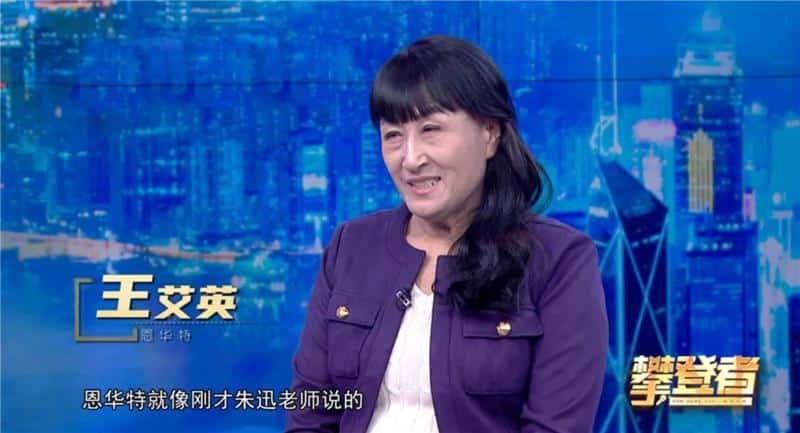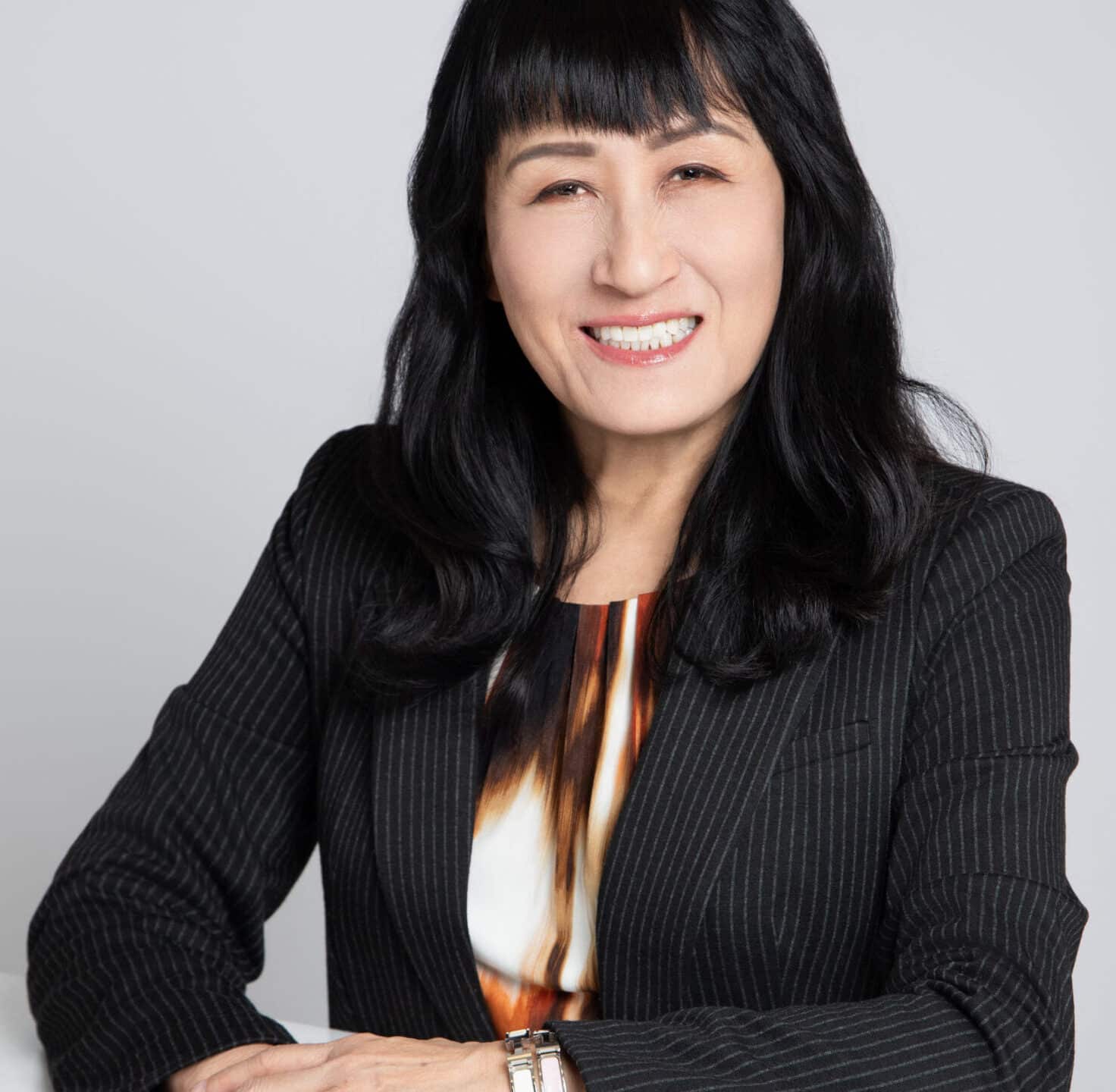On February 21, 2025, Dr. Wang Aiying, President and CEO of Envac Greater China, Southeast Asia, and India, was invited to appear on the CCTV program “The Climber,” where she had an in depth conversation with renowned host Zhu Xun about global waste management. A senior researcher who holds 14 international patents and has been recognized on the Forbes China Women in Science and Technology list, Dr. Wang introduced the technical principles, application scenarios, and practical achievements of Envac’s fully enclosed intelligent waste collection system in China. She showed how Envac’s innovative solutions, built on more than sixty years of technological advancement, support green urban development.

The special feature “Wang Aiying: Creating a Green and Smart City Together” has launched simultaneously on major online platforms including Tencent Video, Youku, 56 Video, PPTV, Sohu Video, Fengxing dot com, and the Climber platform. You can watch the full interview by searching for the program title. In addition, more than one hundred media outlets, such as China dot com, Tencent, Sina, Phoenix, Sohu, and NetEase, published press releases at the same time.
The global waste dilemma: from ecological crisis to technological breakthrough
The interview noted the severity of today’s global waste challenge. Data indicate that 12 million tons of waste are generated globally each day, enough to fill 48,000 standard swimming pools. Plastic bottles can take at least 450 years to degrade naturally, and glass bottles up to one million years. This not only raises the cost of urban management but also harms the ecological environment. As cities rapidly develop, waste treatment has become a core element of urban governance, affecting the environment, public health, and ecological balance. To address waste accumulation, innovative end to end solutions, from collection and sorting to transport, are urgently needed.
Technical breakthrough: scenario based applications of the “trinity” system

Since inventing the world’s first vacuum waste collection system in 1961, Envac has focused on advancing waste collection technology. Its model of automated waste treatment has been implemented in more than 1,200 projects across over 20 countries, with 45 cities incorporating this technology into their municipal infrastructure.
At the core is the “trinity” system, which consists of intake inlets, transmission pipelines, and a collection center. It creates a fully enclosed, automated loop for waste collection and treatment. After users sort and deposit waste through scenario specific inlets, vacuum negative pressure technology transports the waste efficiently through pipelines to a collection center for centralized processing. For different settings such as smart new districts, medical facilities, commercial complexes, high end residences, and large kitchens, the system optimizes inlet design and transmission parameters to meet distinct requirements.
Since entering the Chinese market in 1983, Envac has delivered more than 100 local projects, providing practical technical references for municipal waste collection and transport. Dr. Wang noted that China’s strong execution in infrastructure development has created favorable conditions for deploying intelligent waste collection technologies.

At the individual level, we should practice the principles of waste reduction, recycling, and reuse. The industry should strengthen cooperation to expand the market together. At the policy level, we should encourage environmental construction and support innovative environmental technologies.
Dr. Wang Aiying
Over the next five years, Envac will focus on enhancing localized research and development capabilities and advancing the localization of its products. By implementing this strategy in depth, the company aims to reduce costs, increase efficiency, and improve the competitiveness of its products and brand.
At the same time, Envac welcomes healthy industry competition. Driven by large scale demand for automated waste collection systems, the market will naturally filter out actors focused only on short term gains. This will foster a high quality environment that encourages fair competition among socially responsible peers and motivates the industry to work together for sustainable and healthy development.
Looking ahead, Envac hopes its system will be integrated into every part of the city, like water, electricity, gas, and sewage, becoming a key component of urban infrastructure. By moving waste transport from streets to underground pipe networks, cities can make a transformative shift. Once widely adopted, the system can greatly improve residents’ quality of life and ensure that every piece of waste is handled cleanly. Let us look forward to working together as the Envac system helps build more beautiful and harmonious cities.
END